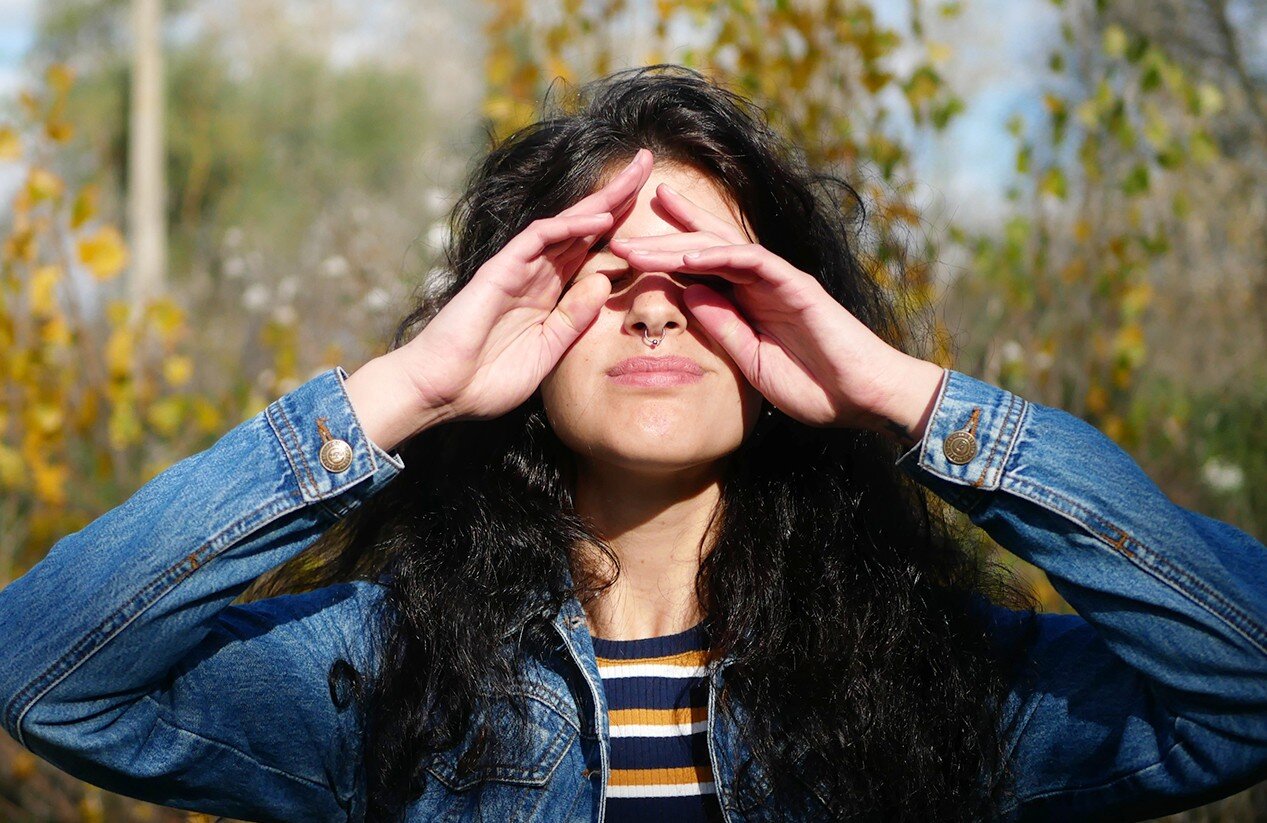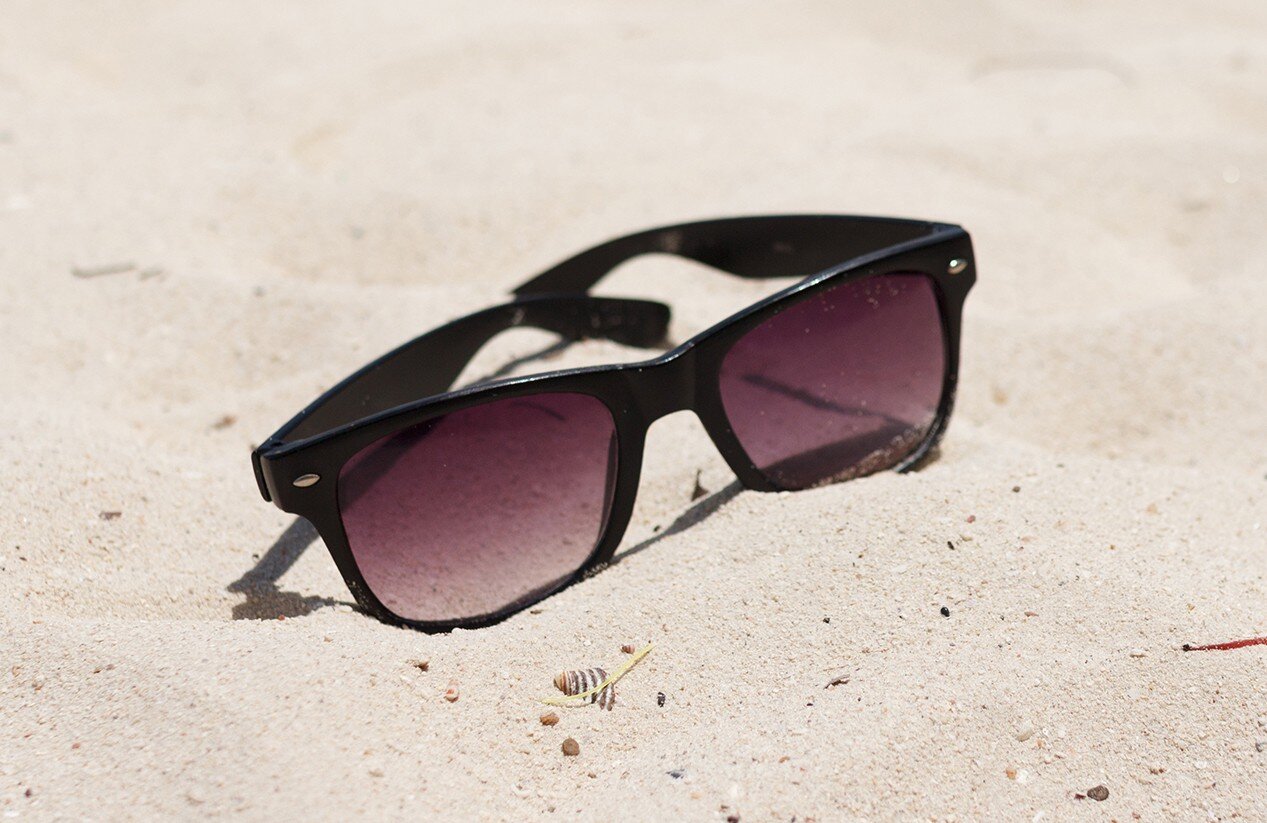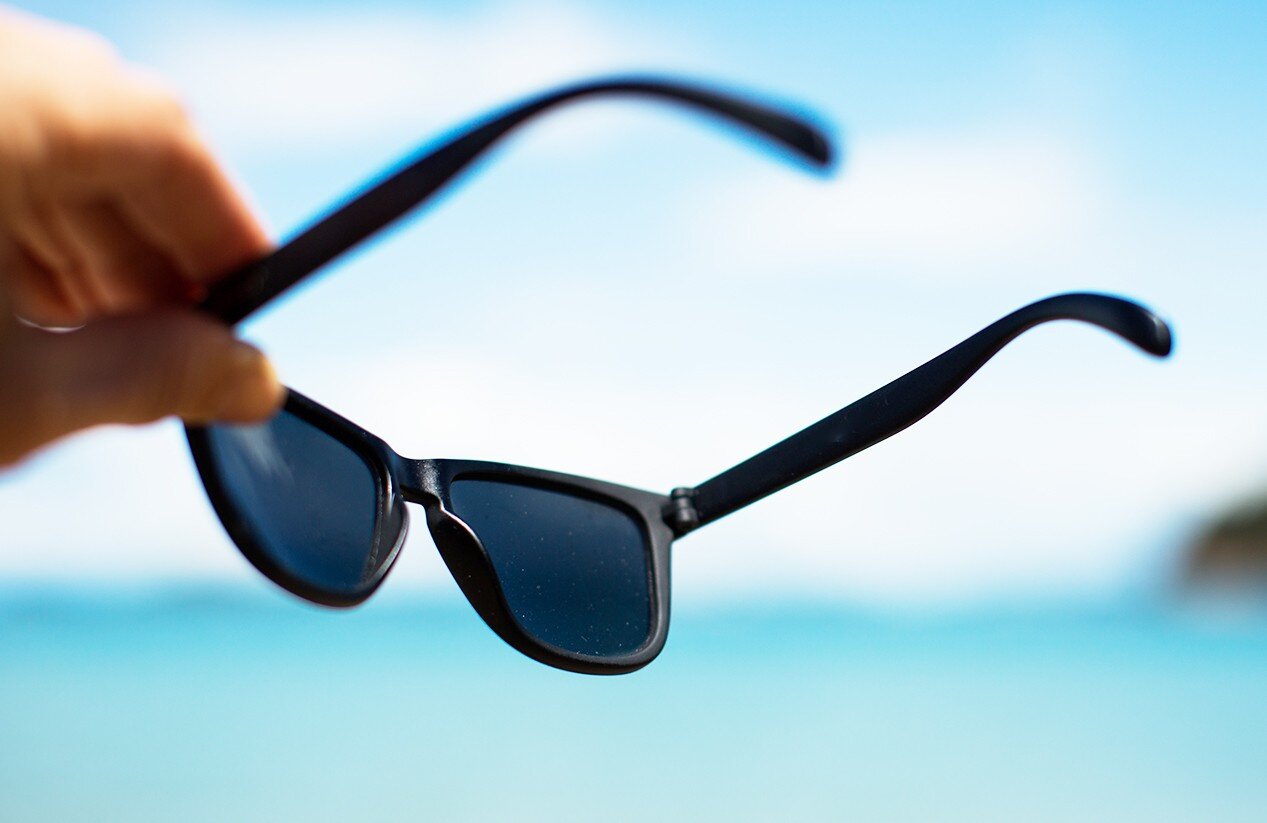- GlassesShop By FrameShop By StyleFeatured












Yes, your eyes can get sunburned—just like your skin. Although it may sound surprising, excessive exposure to sunlight can cause a painful condition called photokeratitis, often referred to as "sunburned eyes." Protecting your eyes with the right UV eye protection is just as important as applying sunscreen on your skin.
In this post, we’ll explain what eye sunburn is, its common symptoms, risks associated with prolonged UV exposure, and effective ways to protect your precious eyes.
Photokeratitis is an eye condition caused by overexposure to ultraviolet (UV) rays from sunlight or artificial sources. It damages the cornea and conjunctiva—the clear membrane covering the white of your eye.
The American Academy of Ophthalmology lists common photokeratitis symptoms as:
Eye pain and soreness
Redness and irritation
Blurry or hazy vision
Excessive tearing
Sensitivity to light (photophobia)
Headaches
If you experience these symptoms after sun exposure, you might have sunburned eyes.

Absolutely. Your eyes can suffer from UV damage not only from direct sunlight but also from reflections off surfaces like water, snow, sand, or ice. Even brief, unprotected glances at the sun—especially during events like solar eclipses—can cause eye damage from sun exposure.
Artificial sources such as tanning beds or lamps can also lead to eye sunburn. Protecting your eyes is critical to maintain long-term eye health.
Prevention is key. Here are the best tips to avoid eye sunburn and UV damage:
Wear sunglasses with UV protection that block 100% of UVA and UVB rays. Look for labels that specify full UV protection and polarized lenses to reduce glare.
Use wide-brimmed hats to shield your eyes and face from direct sunlight, especially during peak sun hours.
Avoid the sun between 10 a.m. and 4 p.m., when UV radiation is strongest. Schedule outdoor activities in the early morning or late afternoon instead.
Never look directly at the sun, even briefly, and avoid UV exposure during eclipses without proper protection.
Avoid applying sunscreen close to your eyes to prevent irritation or accidental eye exposure to harmful chemicals.

If you suspect your eyes are sunburned:
Rest in a dark room and avoid bright light.
Remove contact lenses immediately.
Apply a cold, damp cloth to soothe your eyes.
Use over-the-counter artificial tears to relieve dryness and discomfort.
Avoid rubbing your eyes.
Most cases heal within 24-48 hours. If symptoms worsen, such as increasing pain or vision loss, see an eye doctor promptly. They may prescribe pain medication or antibiotic eye drops to prevent infection.
Note: Always consult a healthcare professional before using any medication. If you wear contacts, avoid using them until your eyes fully heal.
Continue wearing UV protective sunglasses to reduce irritation from bright light.
Avoid makeup, eyelash extensions, or false eyelashes during healing.
Use airtight goggles when swimming to keep out chlorinated or salty water.

While photokeratitis usually resolves quickly, repeated UV damage can lead to serious eye conditions, including:
Cataracts: Clouding of the eye lens causing blurred vision and possible blindness.
Macular degeneration: Damage to the central retina, leading to loss of central vision over time.
Pterygium: A growth of fleshy tissue on the white of the eye that can obstruct vision.
Your eyes are just as vulnerable to sunburn as your skin. Protecting them from harmful UV rays is essential to prevent eye damage from sun and maintain healthy vision. Always wear high-quality sunglasses with full UV protection, don’t stare at the sun, and follow safe sun habits.
If you notice symptoms like eye pain, redness, or blurry vision after sun exposure, take immediate steps to soothe your eyes and seek medical advice if needed.
Invest in the best sunglasses for eyes and make UV eye protection a daily habit—your eyes will thank you for it!

